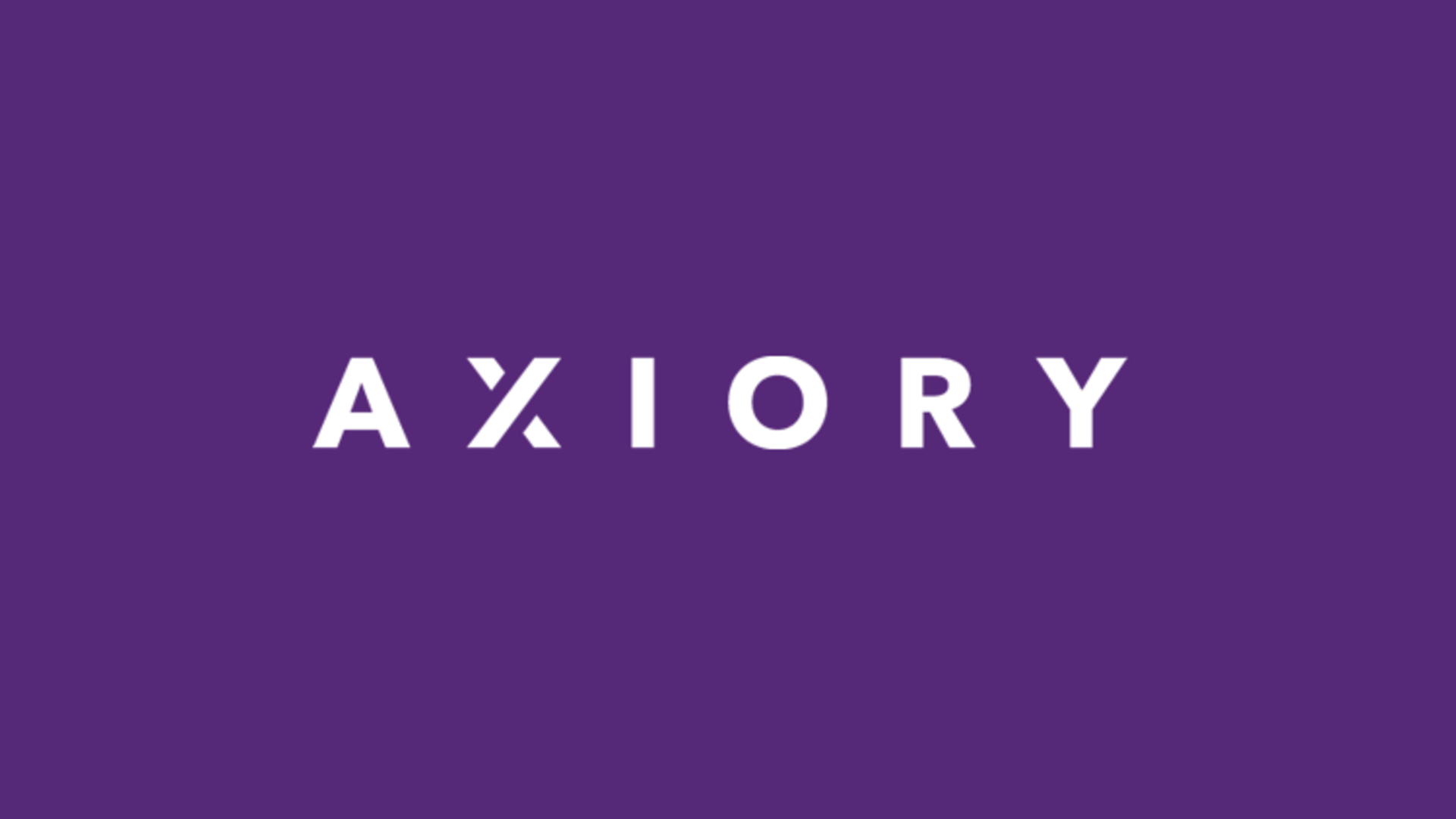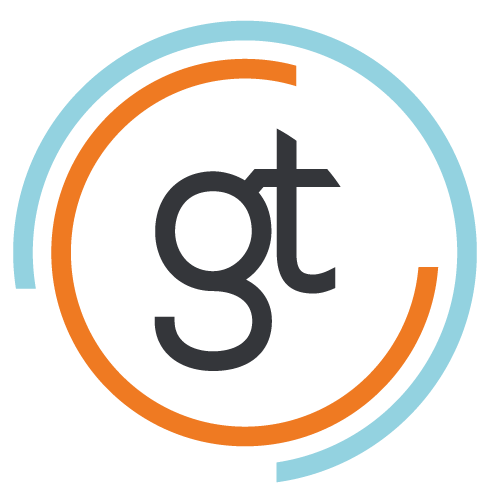Contents
For many people, it comes to no surprise that Canada is one of the major, biggest Forex countries in the world. Given the size of the country’s economy, along with its political alignment and conditions, it is definitely no wonder that this amazing country would be one of the best environments for any Forex trader. Safety, diversity, accessibility – you name it, they have it.
This giant, freezing country is home to over 38 million people, so needless to say, the economy is huge. Canada has a gross domestic product of $1.713 trillion, according to 2018 data. Canada not only has a stable and growth-oriented economy but a stable and thriving Forex market as well. In fact, Canada is considered to be among the very top of the Forex countries in the world. This success is based on some significant factors such as very strong regulation by the government, strong and supportive economy, and great interest in trading by public.
Today we’ll be talking about what the Forex market is like in Canada, how it all works, and what you should expect in general, as a trader. This guide will be aimed towards the beginners who are interested in getting started and want to familiarize themselves with the Forex environment in Canda, so they can get a better idea of what to expect. Alternatively, this will also be useful to experienced traders as well, who may want to make a switch, and go with Canada-based brokers as well.
Our top Forex brokers in Canada
Choosing the best broker for yourself is no easy task, especially when there are so many brokers available online, with all of them seemingly being the same. Additionally, you have to also consider a whole host of different factors such as your safety, which is very important. After examining and testing out dozens upon dozens of different brokers, we believe that we know exactly what makes up a great broker that is qualified to offer amazing service to the traders. Below are some of the brokers that we believe to be the very best in Canada. Make sure to give all of them a detailed look, and you will be able to find your ideal broker in no time!
XM
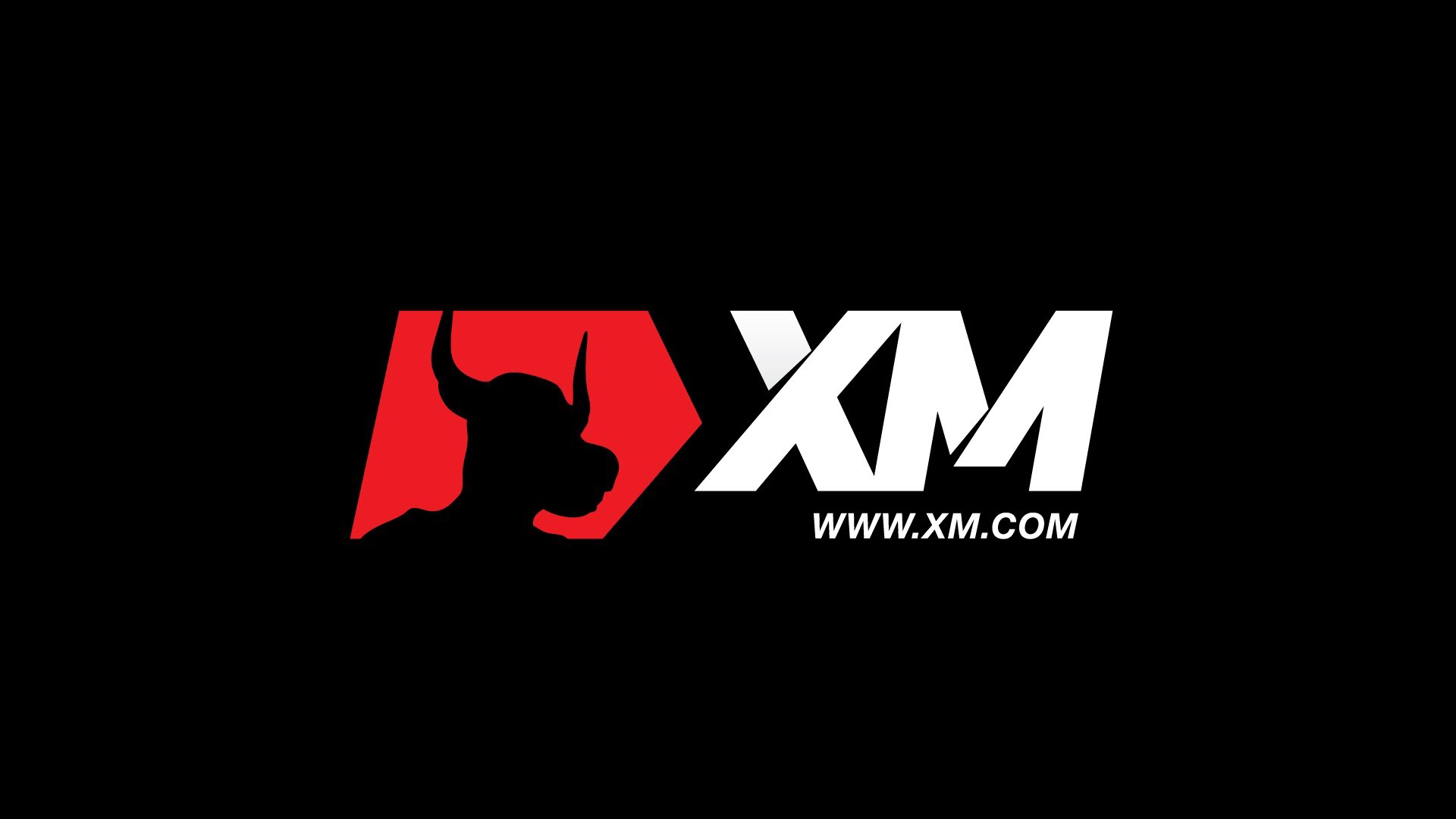

Min. Depo
$5

Licences
FCA, CySEC, IFSC, ASIC, DFSA

Leverage
1:888

Platforms
MT4, MT5, WebTrader
AvaTrade


Min. Depo
100 USD

Licences
ASIC, FSA, FSCA, FFAJ, FSRA, FSC

Leverage
400:1

Platforms
MT4, MT5
Exness
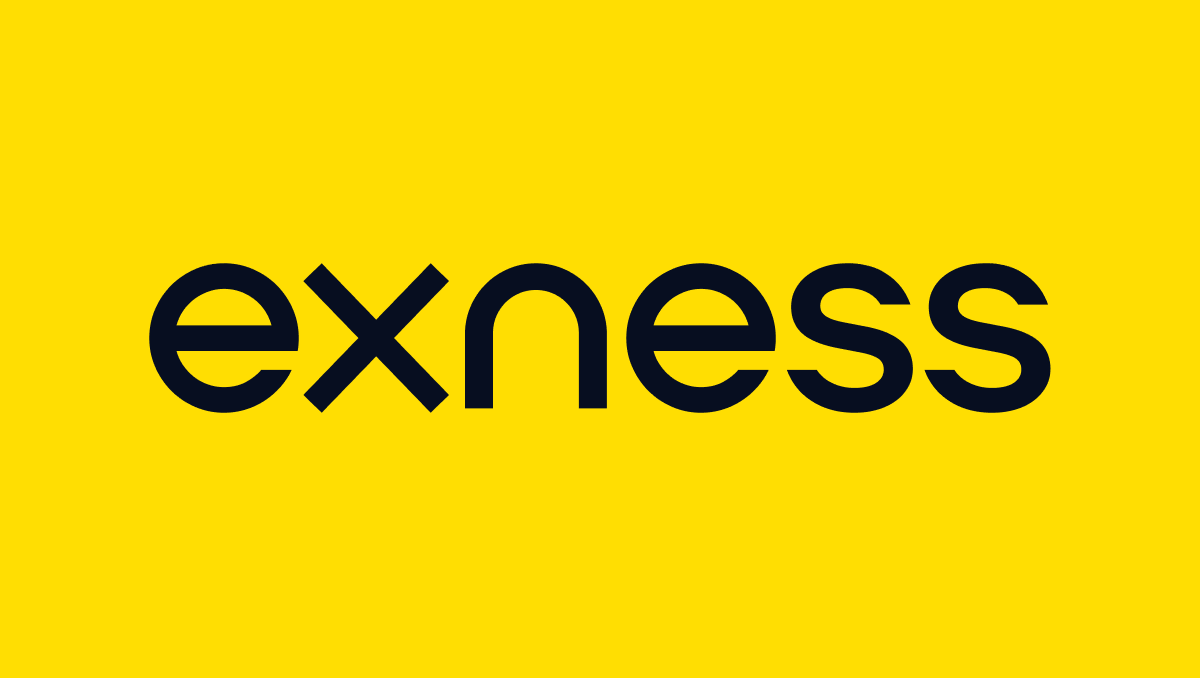

Min. Depo
$10

Licences
CySEC, FCA, SFSA

Leverage
1:2000

Platforms
MT4, MT5
FundedBull
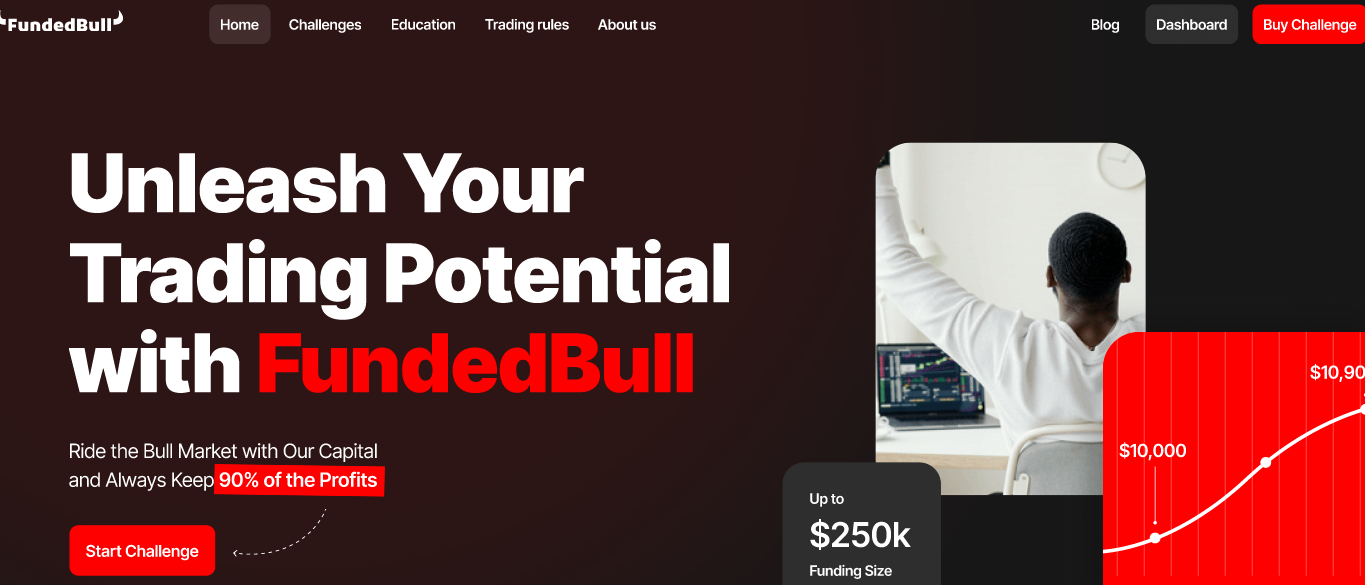

Min. Depo
49 USD

Licences
N/A

Leverage
N/A

Platforms
MT4, MT5, cTrader
Forex.com
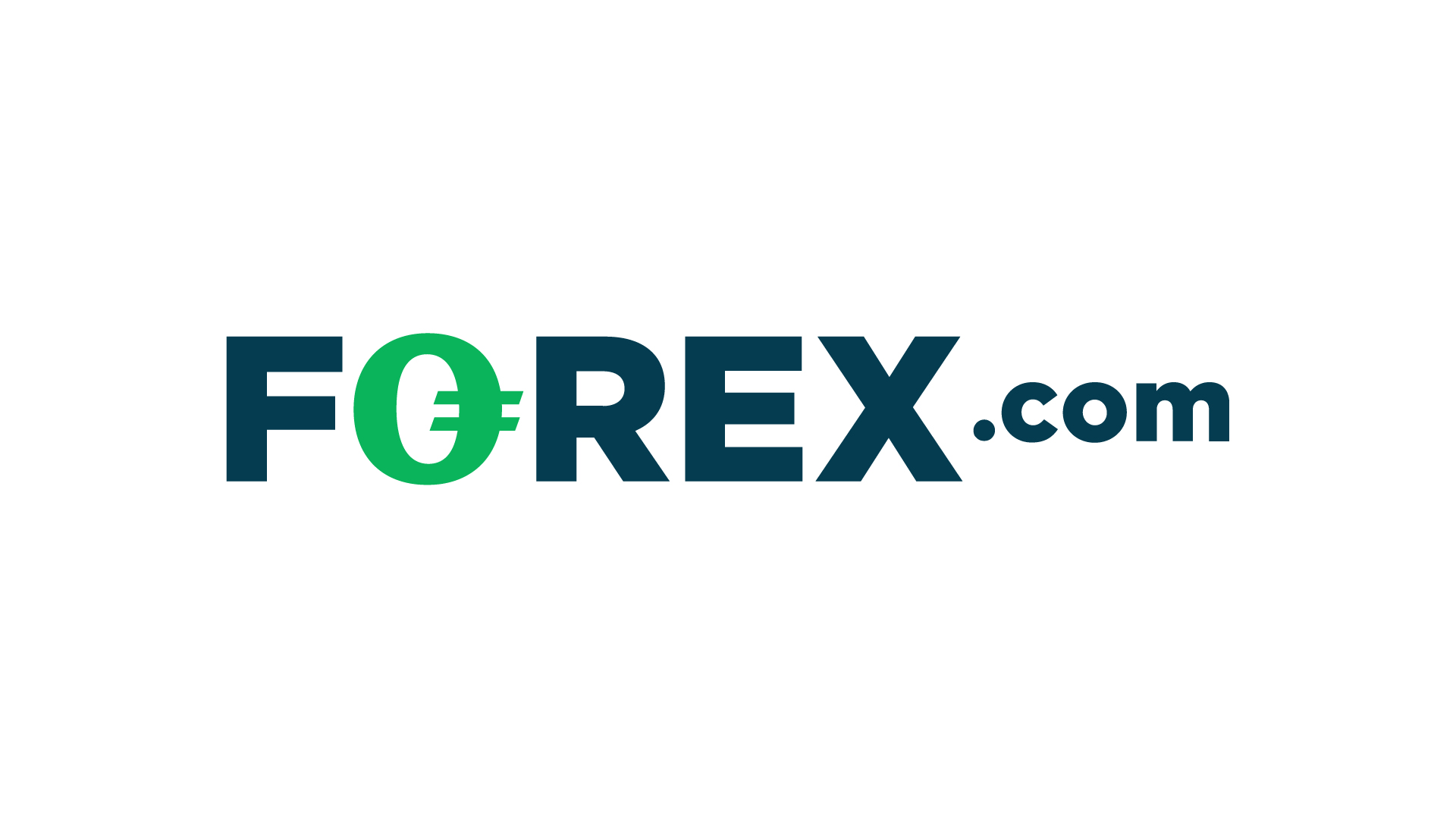

Min. Depo
$100

Licences
NFA, CFTC, FCA, FSA, IIROC and CIMA

Leverage
1:50

Platforms
WebTrader, MT4, MT5
CMTrading

Min. Depo
250 USD`

Licences
FSCA

Leverage
1:200

Platforms
MT4, WebTrader, Copykat
Plus500
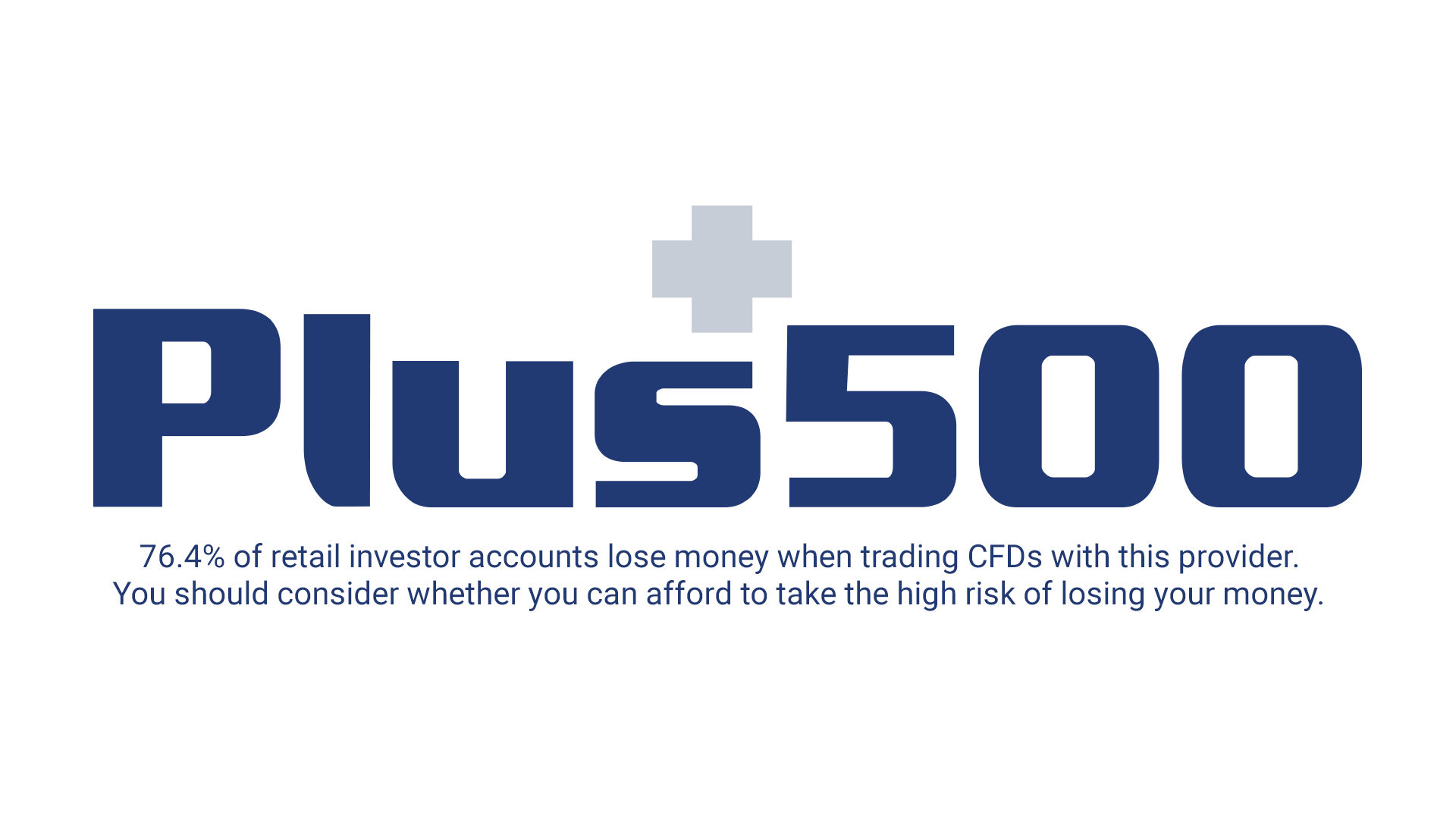

Min. Depo
$100

Licences
FCA, ASIC, CySEC, FSCA, FMA, MAS

Leverage
1:30

Platforms
WebTrader, Windows 10 Trader
Canadian Forex regulation
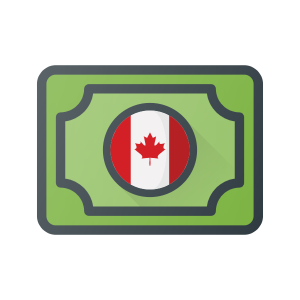
In general, for traders, when choosing their Forex trading market, one of the most important things to have a good understanding of, is the regulatory
environment. Why? Because safety is very important, especially when it comes to trading and investing. This, however, rings even more true when it comes to Canada. You see, there are not one, and few, but actually fifteen different regulators in the country. Among these regulators, two are federal ones, while the rest are provincial.
For the unaware, this is extremely rare, as most counties have only one governing body regulating the market. It is very rare for there to be two regulators, let alone three or more, so having fifteen Forex regulators is something that you won’t see with many other countries if any. The reason Canda is so different in this regard is that it has 10 different provinces, and many of them have completely different approaches as to how they govern many different sectors. Among this, of course, would be the trading sector as well, so many of them have their own unique approaches, and as such, would require a different regulatory authority with their own unique sets of rules.
Logically, having such a decentralized approach would lead to a lot of problems, as it would be quite difficult and complicated to regulate the market effectively, and would bring a lot of difficulties for a lot of brokers themselves, with needless bureaucracy and complicated processes. However, quite impressively, Canada has been managing quite well, despite this factor. In fact, Canada has one of the best and most effective regulatory environments, that has managed to deliver results time and time again.
Who’s the main Forex regulator in Canada?
Despite there being as much as fifteen total Forex regulators in the country, it stands to reason to say that there should be one of them that is more “powerful” than the rest and is the most important one among the rest. This would definitely be the case, as the main regulator in the country overseeing Forex activities is the Investment Industry Organization of Canada (IIROC). This regulatory body was a result of a merging of two separate regulatory bodies, the Investment Dealers Association (IDA), and the Market Regulation Services Inc.
IIROC controls the brokers and all Forex companies and oversees their activities to ensure that they’re conducting their business in a fair and responsible manner. Its set of responsibilities is large and diverse, and all of them taken together represent its very strong and robust regulatory framework. As the main regulator in the country, IIROC has the capability to impose various sanctions on the brokers, such as fines, or temporary and permanent suspension of their license.
Besides IIROC, the Canadian Securities Administrators (CSA) is also a major regulator that has a lot of regulatory power on the market. Its main goals are to improve the market in all sorts of ways and harmonize it with the needs and requirements of the financial market in general. CSA actually consists of many different regulatory bodies, all of whom have responsibilities spread around Canada’s ten provinces and three territories.
Each province has its own regulator, and all of these regulators have some degree of autonomy when it comes to regulating the market with their individual approach. However, IIROC and CSA always strive to make sure that these regulators are all acting in harmony with each other, and are able to come up with effective rules that would simultaneously make everything as accessible for all parties as possible.
How do these regulators manage to control and improve the market?
With such a huge regulatory machine, naturally, Canada would need to have implemented all sorts of different laws, requirements, regulations, and practices to make it all work. This is definitely the case, as these Canadian regulators have implemented a large set of rules and regulations that are all aimed at making the Canadian market a safer, more welcoming, and more effective market for trading. Let’s look at these specific rules that are in place for your protection and the improvement of the market.
Licensing
In Canada, brokers apply for an IIROC license. The license, of course, has its own requirements and standards that need to be satisfied before a broker can qualify for it. In a sense, the license needs to be earned and re-earned. What we mean by this is that after a broker qualifies for a license by reaching the relevant criteria, they will be subjected to numerous requirements that they will need to fulfill continuously. Failure to do so may result in the appropriate action being taken by IIROC or relevant regulator, which may include, but not be limited to, fines, suspension of license, etc.
Now, it should be noted, that in Canada, you are also allowed to deal with international brokers, who may not necessarily be licensed by IIROC, but by some other overseas regulator. We want to stress, that if you find such a broker, which you may really like, but may be hesitant because they’re not licensed by IIROC, you definitely shouldn’t disqualify and stop considering them just because of this. The thing is, if a broker is proven to be reliable and has a proven track record, while simultaneously being licensed by other reputable regulators, there shouldn’t be any problem. The point is, if a broker is licensed by FCA of the UK, then you can, in most cases, trust them without having to worry.
With that being said, we encourage you to always go with a locally-licensed broker whenever possible, as it’s truly the only “guaranteed” way to stay safe. Why? Because the only way you can really know you’re safe is if your own government is involved. In case of having some kind of a dispute with your broker, everything will be dealt with locally, based on your country’s laws and regulations, which is a huge help.
Restrictions on risky instruments
As the country’s main regulator that is deeply concerned with the security of its traders, IIROC has made it mandatory for the brokers to make frequent, clear risk disclaimers regarding the CFDs and other risky instruments that they offer to the traders. CFDs, in general, are one of the riskiest things to get involved with when it comes to Forex, as they have been a reason for losing a lot of money for the beginners in the past. For the risky instruments such as this, it is mandatory for the brokers to disclose exactly how risky they are, so that the customers can have a clear idea and expectation of what they’re getting into.
Additionally, the brokers themselves are required to evaluate the level and experience of the trader, and only after they ascertain that they are competent enough, then provide them with an opportunity to trade with these volatile and risky CFDs. This is a very effective and helpful approach for making sure that the best interests of the traders are maintained and protected. In many cases, the mere increase of awareness can be a huge helping factor in making sure that the traders are not putting themselves in a risky of huge financial damage.
These are hardly the only restrictions, though. IIROC also has imposed some limits on leverage as well. Just like CFDs, usage of leverage is very risky, unless the user itself knows what they’re doing. Sure, leverage is one of the best tools to make more profit, when you actually know what you’re doing. However, this is definitely not the case for many people, and especially beginners. As such, many governments in the world have banned these outrageously high leverages for the brokers. Here in Canada, based on IIROC’s requirements, the max possible leverage can range between 45:1 and 50:1, which is pretty much an industry-standard that is common between many different countries now. Additionally, hedging is also banned and is fully illegal.
Now, for many people, this is a big drawback, because as mentioned, leverage can be a source of a lot of profits for many people, so having access to this tool severely limited can be quite frustrating. However, what you have to remember is that this is done with the goal of ensuring your safety and financial well-being, and this is what gives you that extra layer and degree of security in Canada that you can not expect in many other countries.
Protection fund
Canada’s desire to keep you protected really has no bounds! As an extra layer of security, Canada introduced the Canadian Investor Protection Fund (CIPF), which is there to ensure the investors’ safety and offer them a sort of “insurance” on their funds. As an example, if a broker goes bankrupt, or declares insolvency in any form, the CIPF will cover you to the upwards maximum amount of CA$1 million. In a sense, this is similar to the practice of ICF (Investor Compensation Fund), which is widely adopted all throughout the European Forex countries.
Naturally, this compensation is only for the people who lose their funds because of the broker’s insolvency. People who lose their money through trading obviously do not qualify. Additionally, victims of fraud are also not qualified. This means, that it’s up to the trader themselves to prevent the fraud from happening in the first place. As we have already spoken at length, the only way to really ensure this is by going with only the most reputable brokers, who are also licensed by the government. Having mentioned that, we would like to also underline the fact that frauds and scams are very, very rare in Canada, especially with the local brokers who have a lot of local traders.
Minimum requirements for traders
One thing that is specific to the Canadian market is that in some provinces, Alberta being an example, you have to meet certain criteria as a trader before you are allowed to invest. This is called qualifying as an “Accredited Investor”, which can be done by meeting any of the following criteria:
- You need to have had an income of at least $200,000 across the last two years, or
- Have at least $1,000,000 in financial investments, or
- Have at least $5,000,000 in property investments, or
- Be a bank or a similar financial institution
This is quite an unusual requirement that you will probably see with only a handful of other Forex markets. This specific requirement has actually been quite a hindrance to a lot of Canadian traders and has led to a lot of local traders seeking other markets to start trading in. It’s quite a divisive subject, as some people understand that it’s a law that is in place to increase the safety of the traders, and prohibit from trading the kind of people who would stand to financially suffer a lot in case of losing. However, the other people see it as a nuisance, and a hindrance.
Whatever your opinion of the matter is, make sure to first familiarize yourself with details like these by visiting all the appropriate governmental resources that are readily available online. Taking a few minutes or even hours to get familiar with details like these is very important, and will pay off hugely by saving you a lot of time and frustration down the line.
Summing up the Canadian regulatory environment
As we have learned, the Canadian regulatory environment is very effective and does a great job at making sure that you can trade safely and securely, while having the greatest chance of success possible. That being said, we have also seen that it’s not “perfect”, as it has quite a lot of restrictions. Though, as we have discussed, these restrictions are in place for your own protection. The bottom line is, the Canadian Forex market is definitely in good hands, meaning the legal entities that are in charge are really dedicated to improving the market as much as possible, so you can definitely consider trading Canada a safe bet that will without a doubt pay off in the future!
What can you trade on in Canada
A great Forex market is the one where traders have a lot of options, and won’t have to be confined to only a few trading avenues. Naturally, as a country that is widely considered as one of the best for Forex trading, Canada definitely satisfies this requirement. Whatever your trading goals and interests are, you can be sure that you will be able to adequately satisfy them here in Canada.
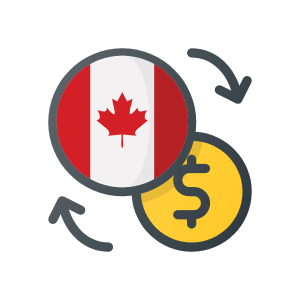
Currency trading in Canada
If currency trading is your thing, then you are in for a treat! The Canadian Dollar (CAD) is among eight currencies that make up almost 80% of all currency trading in Forex. Needless to say, it’s quite a significant currency, and there are lots of opportunities to make a profit and have an interesting trading experience.
On a global scale, CAD is the sixth most popular reserve currency in the world, which is quite impressive, when you consider the fact that Canada’s economy, although reasonably big and prosperous, is not the biggest in the world, ranking only at the tenth spot. The management and supervision of this currency are entrusted to the Bank of Canada, of which it did an excellent job, having not had to intervene in the currency ever since 1998.
The Canadian dollar is quite a stable currency. It is impacted by most of the major factors that impact other currencies, such as the economic activity of the country, its GDP, production details, import/export details, inflation, and much more. Naturally, the county’s s0cio-economical state and condition is also a major factor. Seeing as Canada is a fairly stable and well-performing country in most regards, you can count on it to provide a stable and reliable environment for currency trading.
The country’s currency is strengthened by the fact that it’s one of the major exporter countries not only in the region but around the world. This is because Canada is one of the richest countries in the world when it comes to natural resources. We’ll get to that shortly down below. Additionally, the government does a great job at fiscal management of the country’s currency, and as such, the Canadian Dollar is, by many, regarded as one of the best “safe haven” currencies. All in all, if currency trading is the name of the game for you, then Canada is a market that you will absolutely love.
Trading commodities in Canada
If you’re not much of a currency trading type and want to try out something different instead, then you will enjoy the large diversity of commodity trading options available in Canada. The reason Canada has so many great opportunities for commodity trading is that it is one of the biggest exporters in the world. A very large contributor to the Canadian economy’s prosperity is its vast amount of natural resources.
As of this writing, Canada is in third place among the countries with the largest oil reserves in the world. Needless to say, the opportunities for investing and trading on oil are huge in Canada. A great way to invest in oil in Canada is by going with the stocks of the many Canada-based oil companies such as Imperial Oil LTD (IMO.TO), Suncor Energy INC (SU.TO), and Canadian Natural Resources LTD (CNQ.TO). The value of these companies will be depended on the price of the oil itself. Obviously, there are many more factors at play as well, so make sure that you conduct appropriate and adequate research, and that you are given the proper guidance from your broker before you proceed.
In general, oil is a great direction to take when it comes to trading on the Canadian Forex market, because the country’s economy is very dependent on the oil prices, and as such, the government and companies are always doing everything they can to make sure that it performs very well. However, oil is hardly the only commodity that you can go with in Canada. As we mentioned, Canada is a very export-focused country, especially with commodities such as minerals, wood products petroleum, grains, and much more. In fact, these said commodities make up over 60% of Canada’s total export numbers. For a country with such a huge economy, the actual value of these commodity exports is absolutely gigantic.
Taking all of this into account, you can be absolutely sure that you will have an amazing experience trading commodities in Canada. Not only will you be doing so in a country where the whole economy is based on it, but the said economy will be very stable, well-performing, and encouraging for you to do so. It’s basically almost an ideal environment for any trader who in profitably trading in a sustainable and constructive manner.
Forex trading in Canada – closing thoughts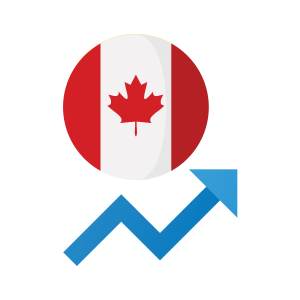
For a country with a huge, stable, and progressive economy like Canada, it definitely shouldn’t have been a surprise for you that it’s a great Forex trading market. No matter what kind of trading goals, experience or knowledge one has, it can definitely be a home for any trader who is looking to have a great experience trading, grow their skills, and most importantly, make a profit.
With the amazing regulatory environment, you can also enjoy your trading journey without having to worry about any significant fraud or scam dangers. All in all, if you are a Canadian that is interested in getting started but are still on a fence about it, we believe that we have discussed everything that should help you with that final nudge to get you started! You can make your very first step by choosing your first broker, which you can do by going through our great list of amazing brokers in Canada!


